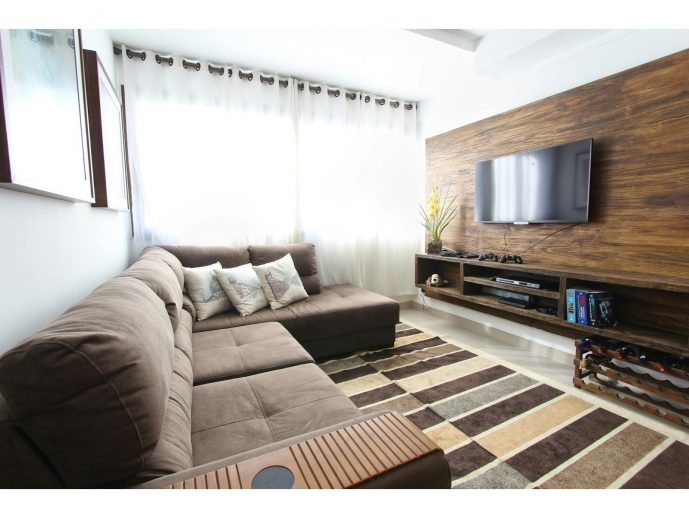Categories more
- Adventures (17)
- Arts / Collectables (15)
- Automotive (37)
- Aviation (11)
- Bath, Body, & Health (77)
- Children (6)
- Cigars / Spirits (32)
- Cuisine (16)
- Design/Architecture (22)
- Electronics (13)
- Entertainment (4)
- Event Planning (5)
- Fashion (46)
- Finance (9)
- Gifts / Misc (6)
- Home Decor (45)
- Jewelry (41)
- Pets (3)
- Philanthropy (1)
- Real Estate (16)
- Services (23)
- Sports / Golf (14)
- Vacation / Travel (60)
- Watches / Pens (15)
- Wines / Vines (24)
- Yachting / Boating (17)
How to Move Into Your First Apartment and Make It Financially
Published
09/21/2024Moving into your first apartment is an exciting milestone, but it can also come with financial challenges. Managing your budget and being smart with your expenses will ensure a smooth transition into independent living. Here are some practical tips on how to move into your first apartment and stay financially stable.
Create a Realistic Budget
The first step in moving into your first apartment is creating a realistic budget. Start by calculating your income and identifying your fixed expenses, such as rent, utilities, groceries, and transportation. Rent should ideally make up no more than 30% of your monthly income, so ensure that you choose an apartment within this range to avoid financial strain.
Don't forget to account for additional costs like security deposits, renter's insurance, and moving expenses. You’ll also need to budget for furnishing your new space, which can be costly if you’re starting from scratch. To cut down on expenses, consider buying secondhand furniture or looking for deals on essentials like kitchenware, bedding, and home décor.
If you're moving with a roommate, opting for a 2 Bedroom Apartments can be a smart way to split rent and utilities, helping to lighten the financial load.
Save for Upfront Costs
One of the biggest hurdles when moving into your first apartment is managing the upfront costs. Most landlords require a security deposit (usually equivalent to one month’s rent) along with the first and last month’s rent before you move in. Additionally, there may be application fees, utility setup charges, or fees for parking spaces or pet deposits.
To prepare for these expenses, start saving early. Create a savings plan and set aside a portion of your income specifically for these initial costs. Having a dedicated savings account for your move will ensure you’re financially prepared when the time comes to sign your lease.
Minimize Utility and Monthly Costs
Once you've moved in, minimizing your monthly living expenses will help you stay financially secure. Energy bills, water, and the internet can add up quickly, so be mindful of your usage. Turn off lights and electronics when not in use, and consider energy-efficient appliances or light bulbs to reduce your electric bill.
If your building allows, compare different internet and utility providers to find the most affordable options. Some apartments may offer bundled packages or have certain utilities included in the rent, which can save you money in the long run.
When it comes to groceries, plan your meals in advance and avoid eating out too often. Meal prepping and cooking at home is more cost-effective than dining out, and it allows you to stick to a food budget.
Build an Emergency Fund
Financial experts recommend having an emergency fund, especially when living on your own for the first time. Life can be unpredictable, and having a cushion for unexpected expenses like medical bills, car repairs, or even job loss can save you from financial stress.
Start by aiming to save at least three months’ worth of living expenses in your emergency fund. Even if it takes time to build, consistently contributing to it will help protect you from future financial surprises.
Conclusion
Moving into your first apartment is an exciting and rewarding experience, but it requires careful financial planning. By creating a realistic budget, saving for upfront costs, minimizing your monthly expenses, and building an emergency fund, you can successfully transition into independent living without breaking the bank. Stay disciplined with your finances, and you'll be able to enjoy the freedom and satisfaction of living in your own space.















